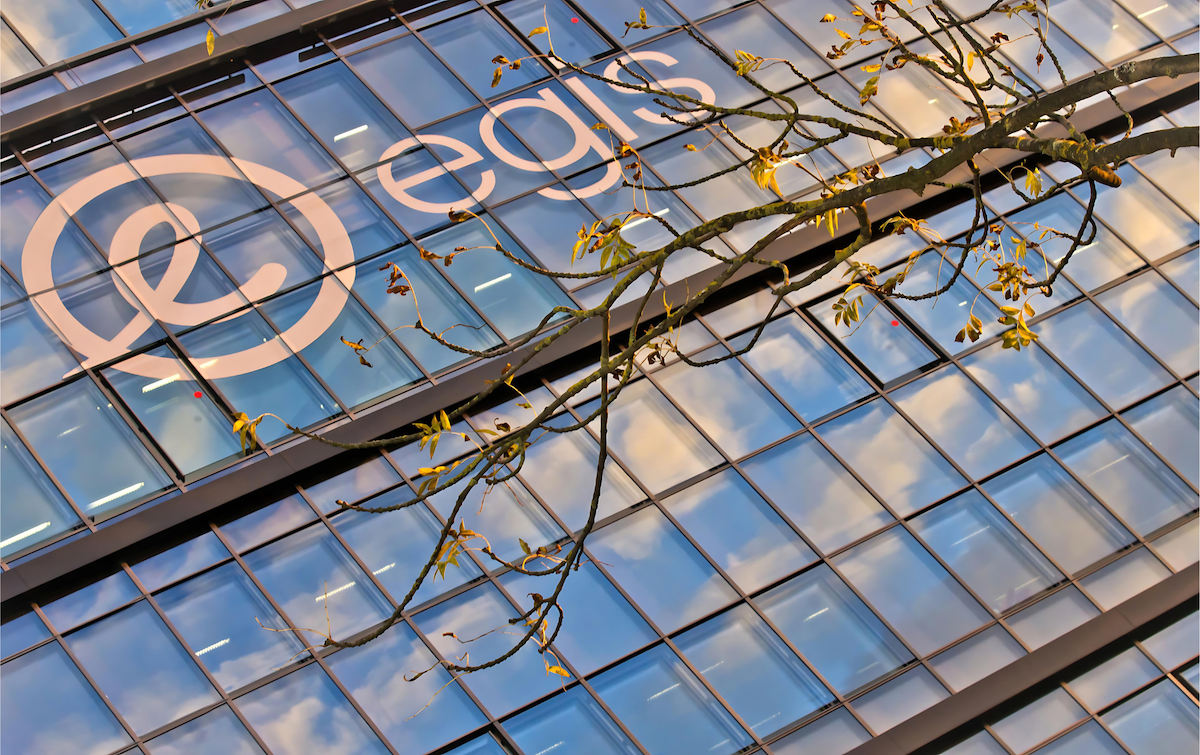Global consulting, construction engineering, and operating firm Egis has rolled out an upskilling programme to ensure sustainability is integrated into all decision making across every project it delivers.
The initiative comprises a multi-year training programme that will be delivered to 90% of targeted employees worldwide. For 2024, this equates to over 4,000 colleagues across Europe, Africa, the Middle East, and Asia. The core objective of the programme is to incorporate and enhance sustainability measures across all its projects by 2030. Alongside this, Egis has developed an in-house tool to assess, influence, and score projects based on their sustainability credentials.
Users can identify key recommendations that will help increase a project’s ‘eco-design’ score by seeking to reduce both local and global environmental impacts across the entire life cycle.
The programme has already enabled a project to achieve a 30% reduction in the urban heat island effect, a 50% decrease in embodied carbon through the specification of alternative materials, and a tripling of green space through early design decisions.
The training programme is built around seven key themes: carbon, adaptation to climate change, biodiversity, the circular economy and resources, energy and water, pollution, and land use. In the UK, the model is also being expanded to include social impact as a key part of the assessment at the design stage.
 Amy Dickinson, ESG Director of Europe and Africa at Egis, said, “The launch of our framework is just the latest step in our major commitment to transform project design processes, and we have already seen the incorporation of eco-design into a number of our projects across the globe.
Amy Dickinson, ESG Director of Europe and Africa at Egis, said, “The launch of our framework is just the latest step in our major commitment to transform project design processes, and we have already seen the incorporation of eco-design into a number of our projects across the globe.
“We have recognised the need to adapt processes to ensure that the environment is an integral part of our operations. This commitment involves upskilling our workforce to tackle the challenges of the ongoing ecological and energy transition.”
In November 2023, Egis signed up to the Science Based Targets initiative (SBTi), setting greenhouse gas emission reduction targets alongside short- and long-term carbon reduction trajectories aligned with the Paris Agreement, supporting the business’s goal of halving its emissions by 2030 and achieving net zero emissions by 2050.




